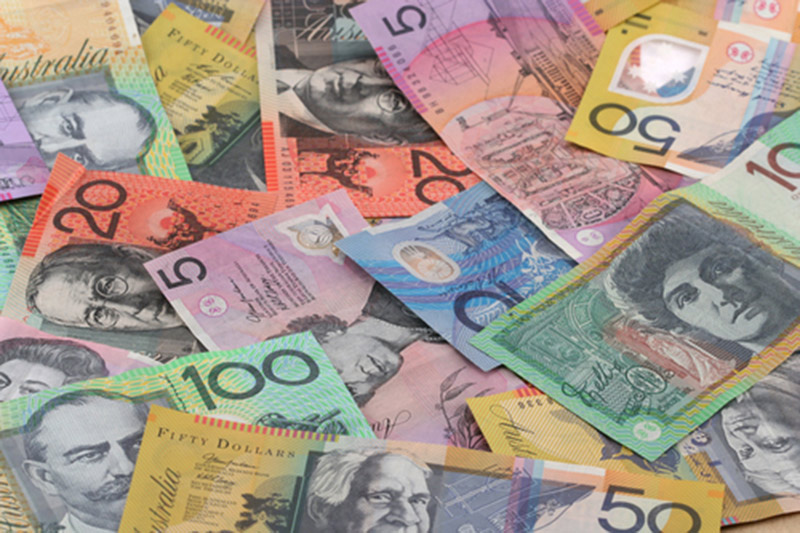Investing.com - The Aussie was quoted higher in Asian trade with the yen weaker as investors look to volatile trade on dimming global growth prospects.
AUD/USD traded at 0.6935, up 0.42%, while USD/JPY changed hands at 117.40, up 0.39%. In Australia, HIA New Home Sales fell 2.7% in December from a 3.0% fall seen in the previous month.
The U.S. dollar index, which measures the greenback’s strength against a trade-weighted basket of six major currencies, was quoted at 99.28, up 0.12%.
Overnight, the dollar extended losses against the other major currencies on Wednesday, as disappointing U.S. economic reports weighed and as concerns over declining oil prices continued to support the safe-haven yen and Swiss franc.
The U.S. Commerce Department said that consumer prices fell 0.1% in December, compared to expectations for a flat reading. Year-over-year, consumer prices were 0.7% higher.
Core CPI, which excludes food and energy costs, increased by 0.1%, missing forecasts for a gain of 0.2%.
Separately, the U.S. Commerce Department said that housing starts fell 2.5% to hit 1.149 million units last month from November’s total of 1.179 million units. Analysts had expected a rise 1.6% to 1.200 million.
Meanwhile, the number of building permits issued declined 3.9% to 1.232 million units from November’s total of 1.289 million. Economists had forecast a drop of 6.4% to 1.200 million units.
The safe-haven yen remained supported as oil prices dropped to the lowest level since 2003 on Wednesday, falling below $28 per barrel after the International Energy Agency said in a report that the supply glut in markets looks set to last until at least late 2016. The ongoing oil rout continued to weigh on the commodity-related Canadian dollar. USD/CAD slid 0.42% to 1.4516 after rising to fresh 13-year high of 1.4615 earlier in the day.
